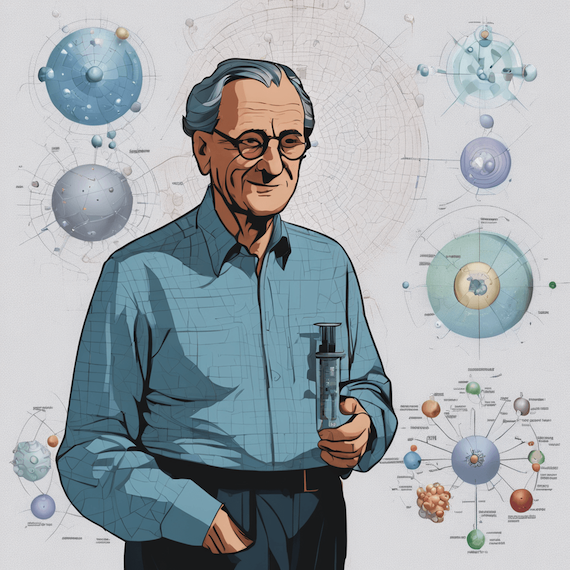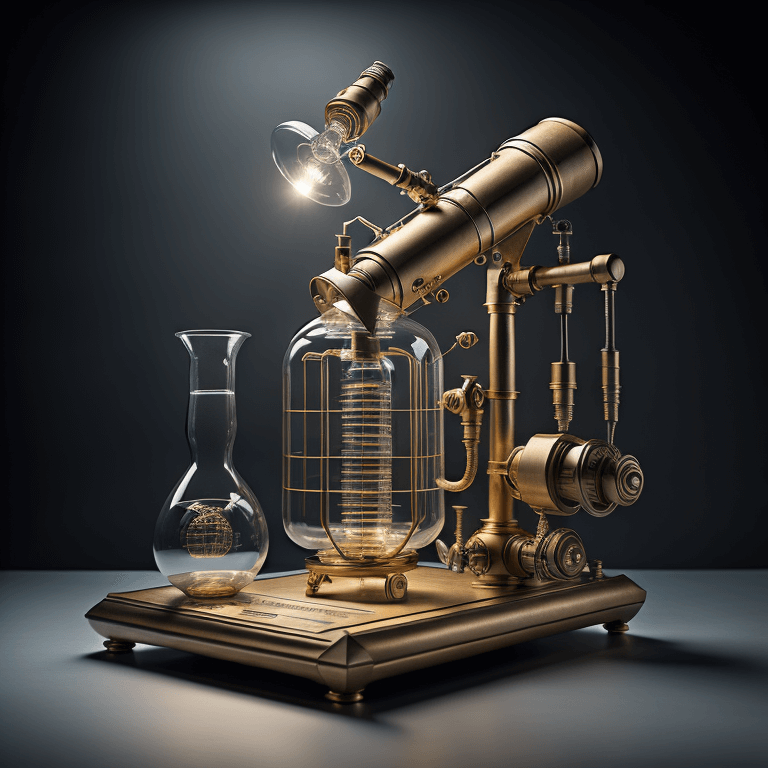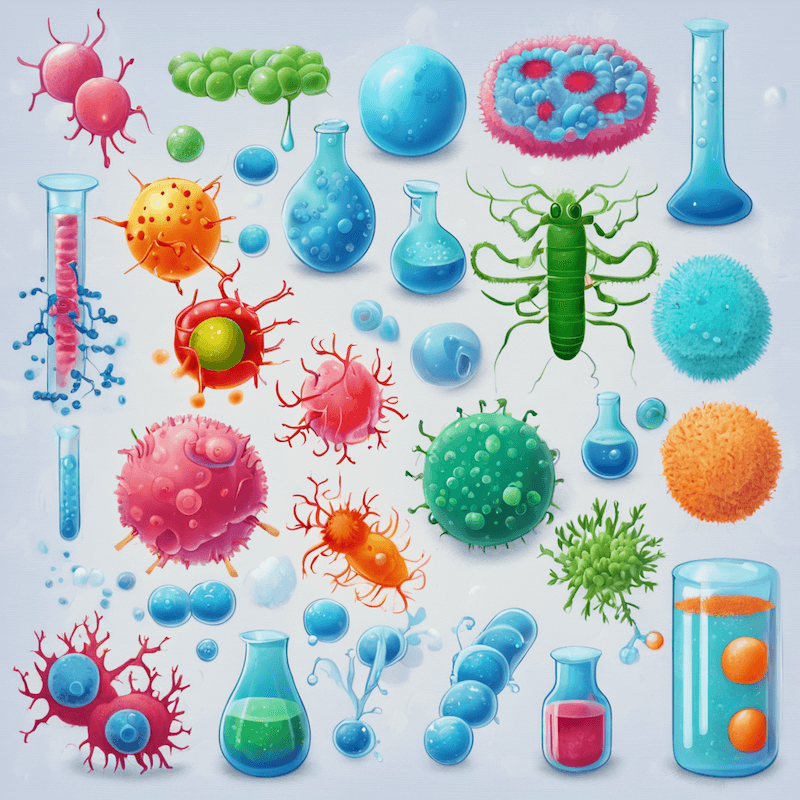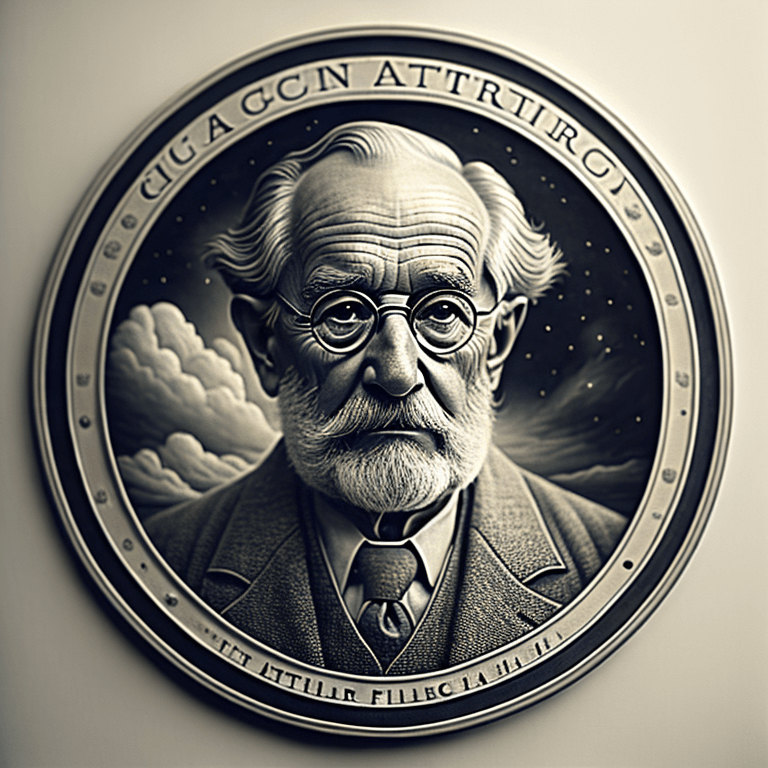It is hard to imagine a world without vaccines.
Children would be constantly sick, and many lives would be lost to diseases that are now easily preventable.
Louis Pasteur is considered the father of immunology for his work on vaccines and their ability to protect us from disease.
His research has saved countless lives, and he is one of the most celebrated scientists in history.
Louis Pasteur is considered the father of immunology because of his many groundbreaking discoveries in the field.

The father of immunology is also often considered to be Edward Jenner, an English physician who pioneered the smallpox vaccine.
Here are 9 of Edward Jenner’s major contributions include:
- Jenner observed that milkmaids who had been exposed to cowpox disease were immune to smallpox. This led to his experiments with cowpox inoculation.
- In 1796, Jenner inoculated an 8-year-old boy with cowpox, demonstrating that this made the boy immune to smallpox infection. This was the first scientific immunization.
- Jenner coined the term “vaccine” after the Latin word for cow, “vacca”. This pioneering work created the field of vaccination.
- He established the basic principles of infection, immunity, and vaccination that became the foundation of immunology.
- Jenner campaigned for the widespread distribution and adoption of the smallpox vaccine, preventing countless deaths.
- His work showed that exposure to a related but milder pathogen could confer immunity to a more virulent strain, forming the basis of modern immunization theories.
- Jenner disproved the idea that smallpox arose spontaneously and was an inevitable disease.
- He founded the science of immunology by providing experimental data on immunization through his systematic use of cowpox inoculation and analysis of results.
- Jenner’s seminal contributions opened the door to preventing deadly diseases through vaccination, which profoundly impacted medicine and public health.
For his groundbreaking work pioneering smallpox immunization and establishing the fundamental principles of immunity, Edward Jenner can also be considered the father of immunology. His innovations created the field of vaccination.

Explain it to a child
Louis Pasteur is considered the father of immunology. He did a lot of work on vaccines and how they can help protect us from diseases. Because of his research, many people have been saved from getting sick and dying. He is one of the most celebrated scientists in history.
He was the first to propose that diseases are caused by microorganisms, and he developed vaccines for both rabies and anthrax.
Pasteur’s work on immunology has helped to save countless lives and improve the health of millions of people around the world.
Who is the father of immunology?
Louis Pasteur is considered the father of immunology. Louis Pasteur was born in 1822 in Dole, France.
He graduated from the Royal College of Arts and Sciences in Paris in 1843.
- He began his career as a chemist and helped to develop the process of pasteurization.
- He also made significant discoveries about the role of microbes in fermentation and disease.
In 1885, he developed the first vaccine for rabies.

Pasteur’s work laid the foundations for the field of immunology.
His discoveries have helped to save millions of lives and have had a profound impact on medicine.
What did Louis Pasteur do as a father of immunology
Louis Pasteur is one of the most important figures in the history of medicine.
- A French chemist and microbiologist, he made groundbreaking discoveries that led to the development of vaccines for rabies and anthrax.
- He also pioneered the process of pasteurization, which is used to kill harmful bacteria in food and beverages.
- Pasteur’s work laid the foundation for the field of immunology, and his discoveries have saved countless lives.
Today, his legacy continues to inspire new generations of scientists to find ways to prevent and treat disease.
Louis Pasteur was a true pioneer in the field of medicine, and his work has had a profound impact on the course of human history.

What discoveries did Pasteur make in the field of immunology?
Louis Pasteur was a renowned French chemist and biologist who made major contributions in the fields of immunology, microbiology, and virology.
Pasteur’s work on disease-causing microorganisms led to the development of vaccines for anthrax, cholera, chickenpox, and rabies.
He also pioneered the process of pasteurization, which is used to kill harmful bacteria in food and beverages.
In 1885, Pasteur made a major breakthrough in the field of immunology when he discovered that vaccinations could be used to prevent disease.
This discovery paved the way for the development of modern vaccines and opened up a new era of medicine.
Pasteur’s work revolutionized our understanding of disease and has saved countless lives.
How have Pasteur’s discoveries changed the course of medical history?
In the 1850s, he developed a process for preventing spoilage in wine and beer, which came to be known as pasteurization.
- He also discovered that certain diseases, such as anthrax, could be prevented by vaccinating against the bacteria that caused them.
- Pasteur’s work revolutionized the field of medicine, and his findings have saved countless lives.
- Today, his legacy continues to shape the way we think about and treat disease.
Pasteur’s discoveries have changed the course of medical history, and his pioneering work is still impacting our world today.
What is the legacy of Louis Pasteur’s work in immunology?
Louis Pasteur’s legacy is his work in immunology.
He pioneered the study of immunology and developed the process of vaccination.
- His work has saved countless lives and continues to impact the world today.
- Pasteur’s legacy is one of discovery and hope.
His work has inspired other scientists to continue to push the boundaries of knowledge.
Pasteur’s legacy is one that will continue to impact the world for years to come.
Thanks to his discoveries, we are better able to prevent and treat diseases.
His legacy is one of a lifetime of dedicated work that has made the world a better place.
Today, Louis Pasteur is considered one of the most important figures in the history of medicine, and his legacy continues to save lives around the world.
Other “Father Of” Scientific Field Articles:
- Father of Botany
- Father of Zoology
- Father of Ecology
- Father of Bacteriology
- Father of Immunology
- Father of Biology
- Father of Physiology
- Father of Virology
- Father of Anatomy
- Father of Physics
Article Sources
Jacks of Science sources the most authoritative, trustworthy, and highly recognized institutions for our article research. Learn more about our Editorial Teams process and diligence in verifying the accuracy of every article we publish.
